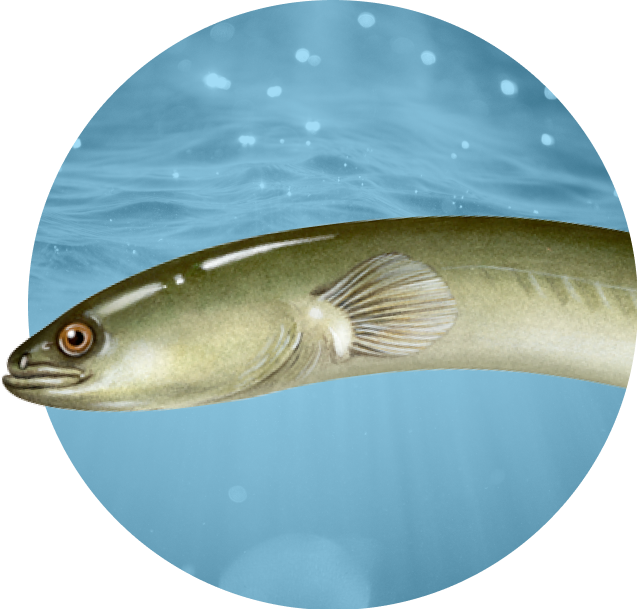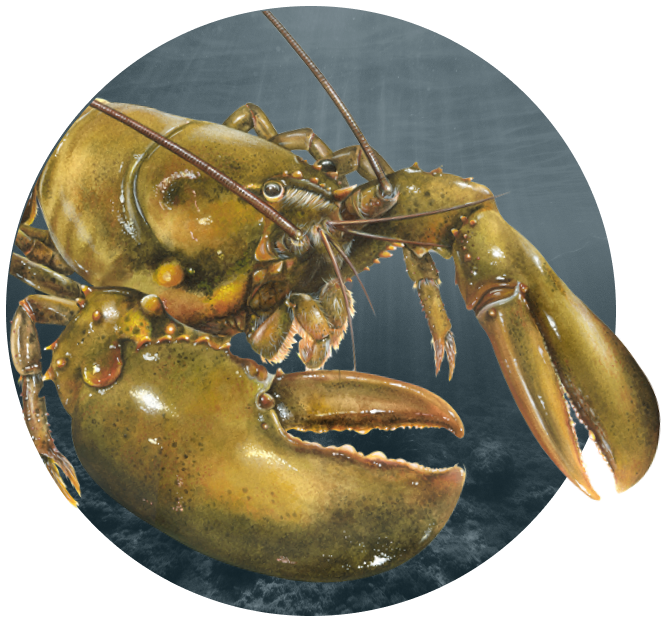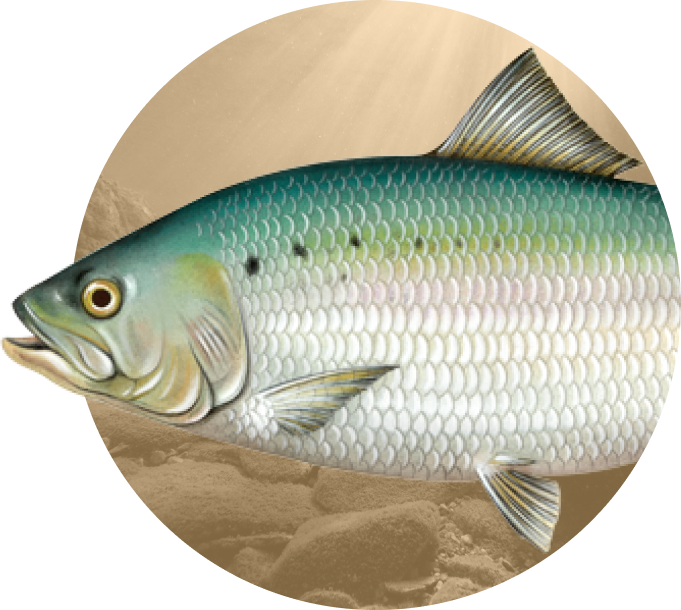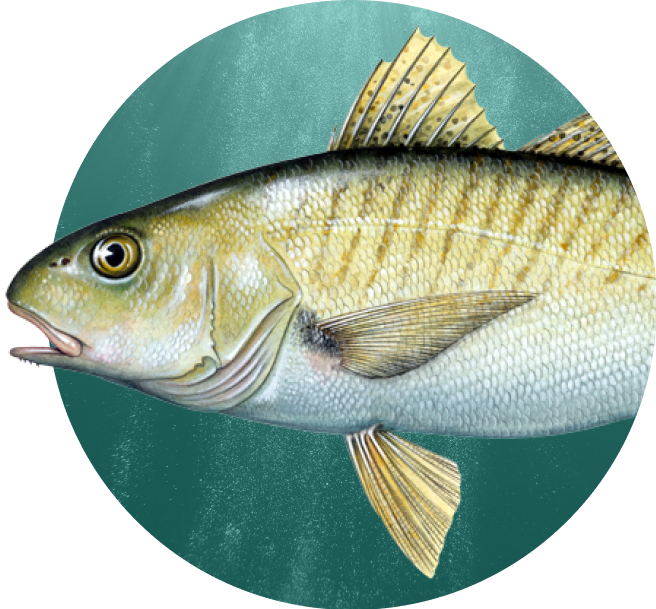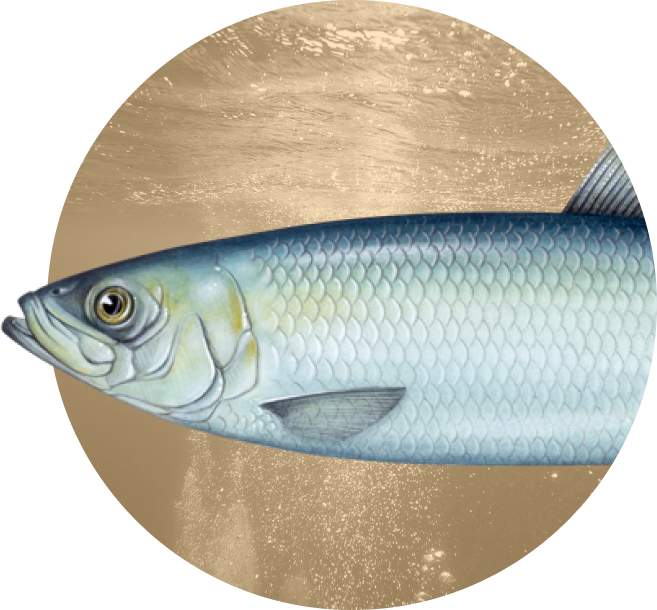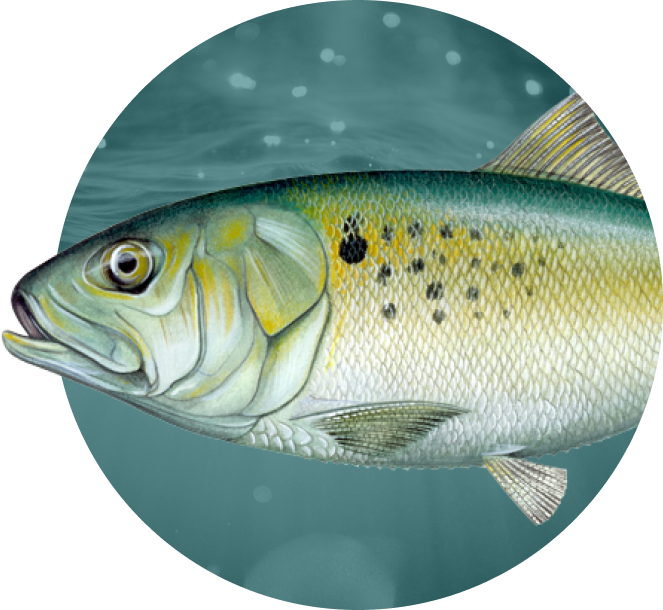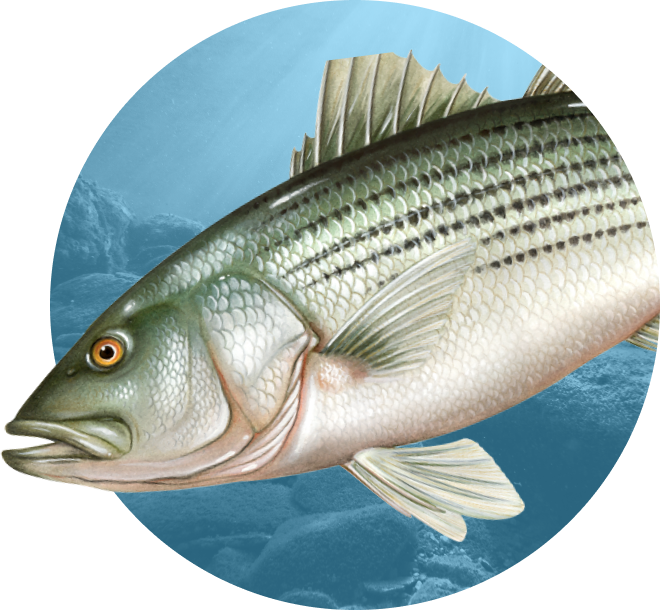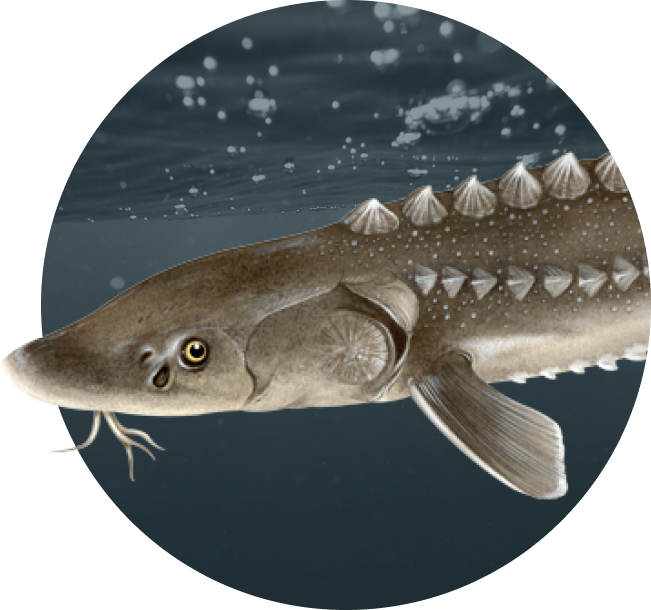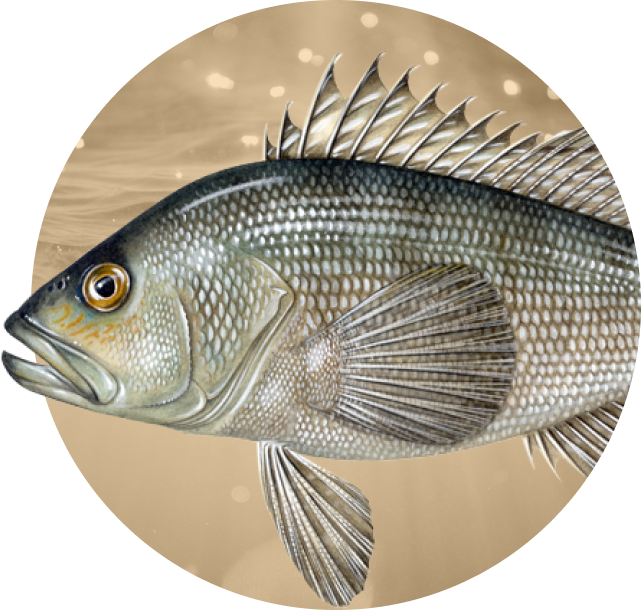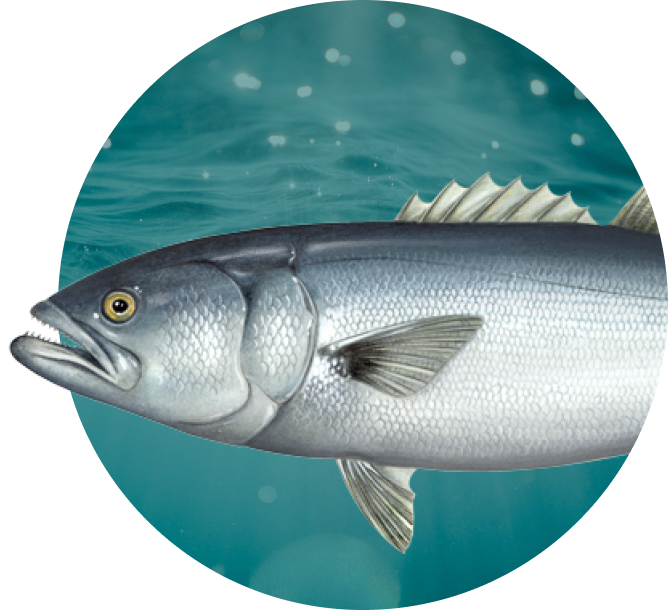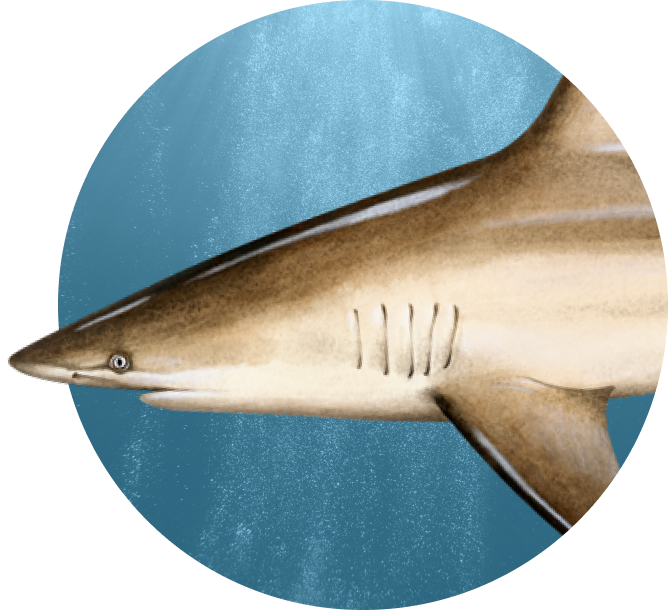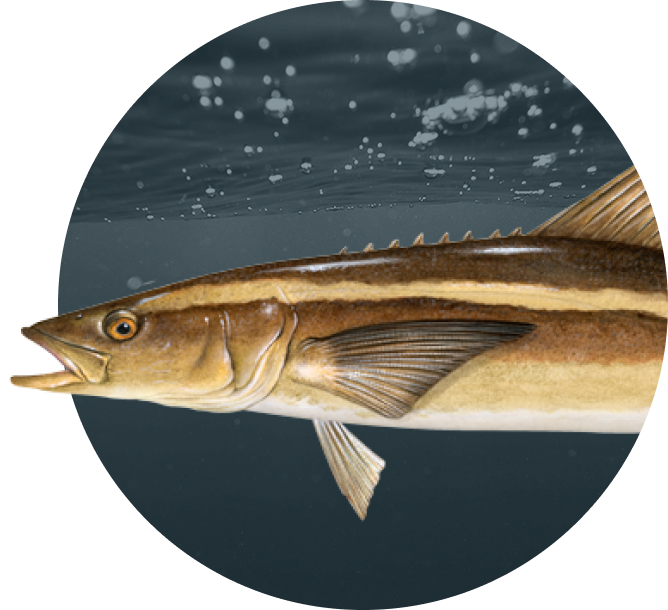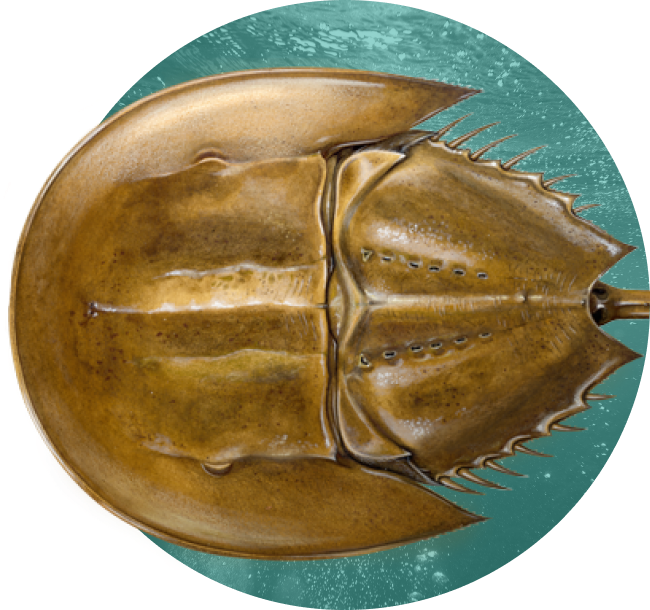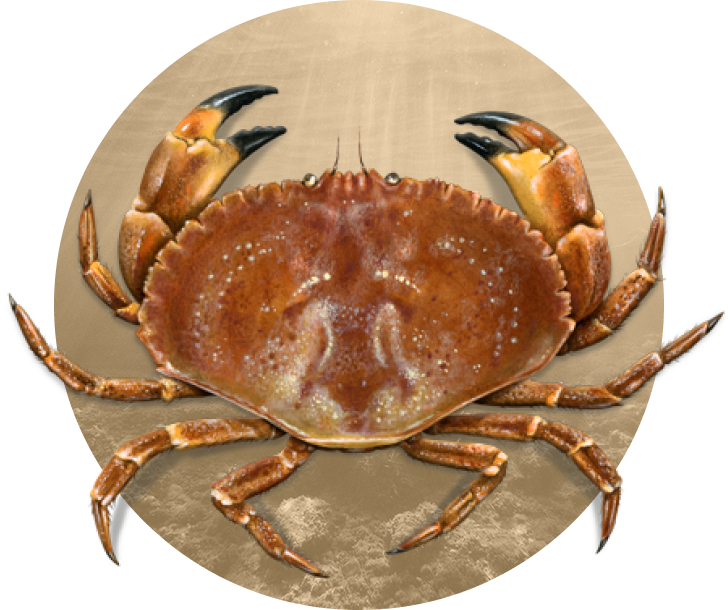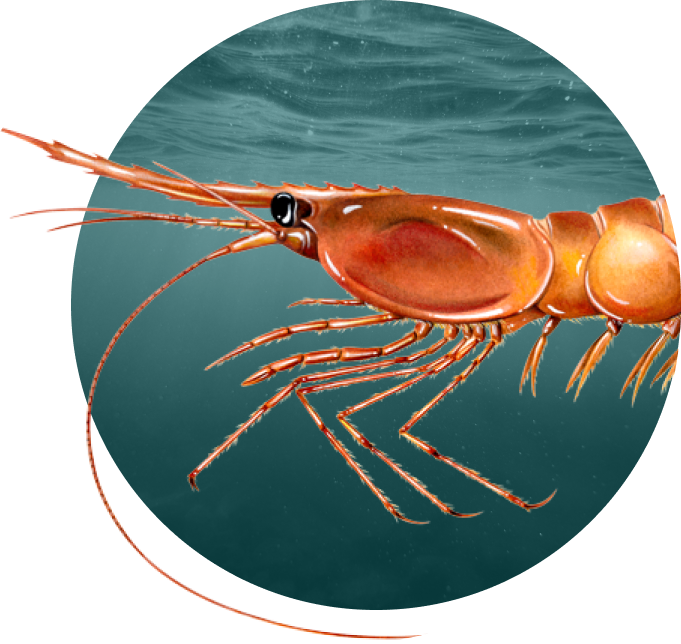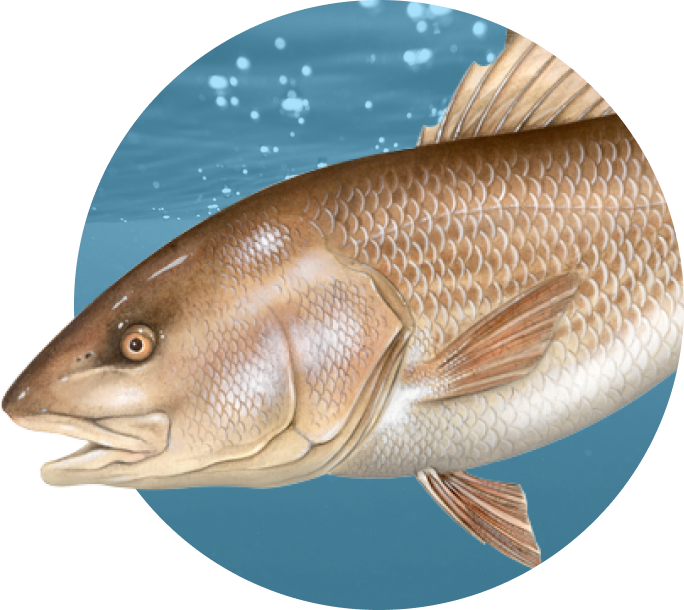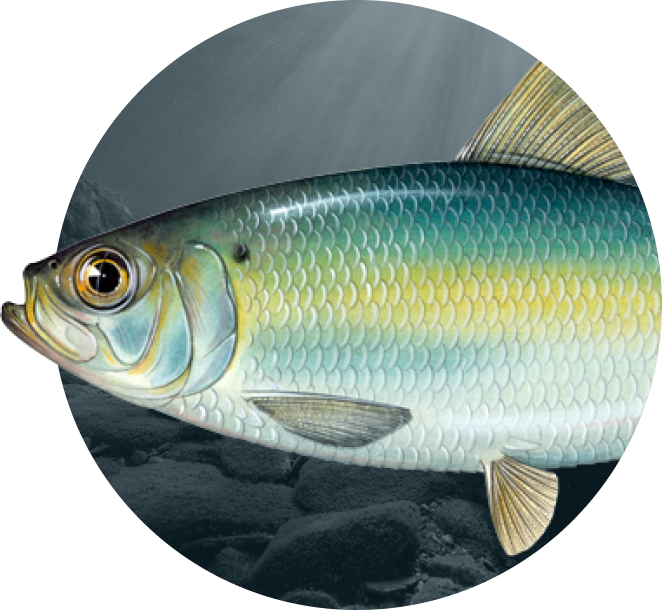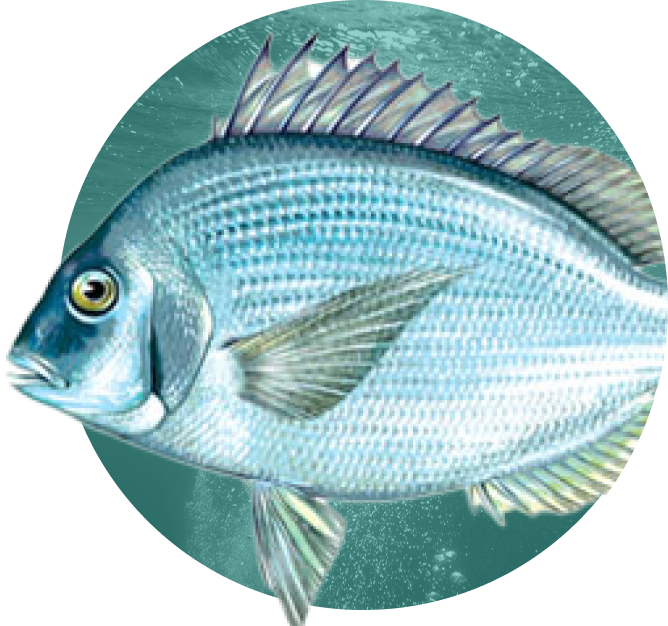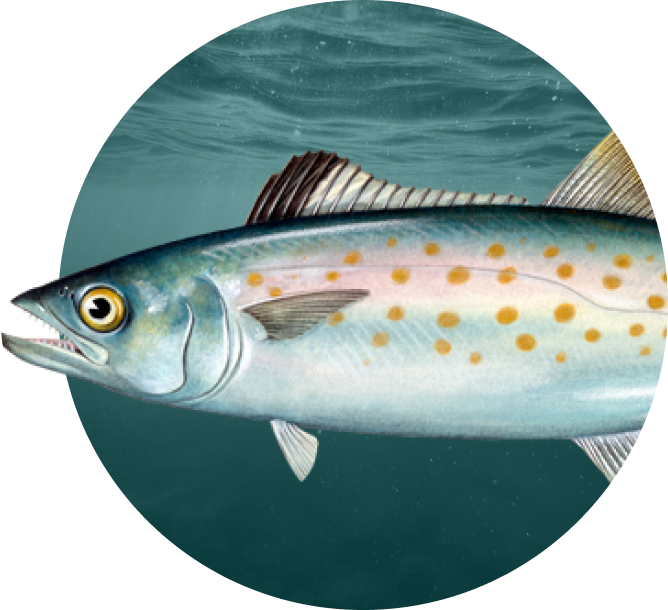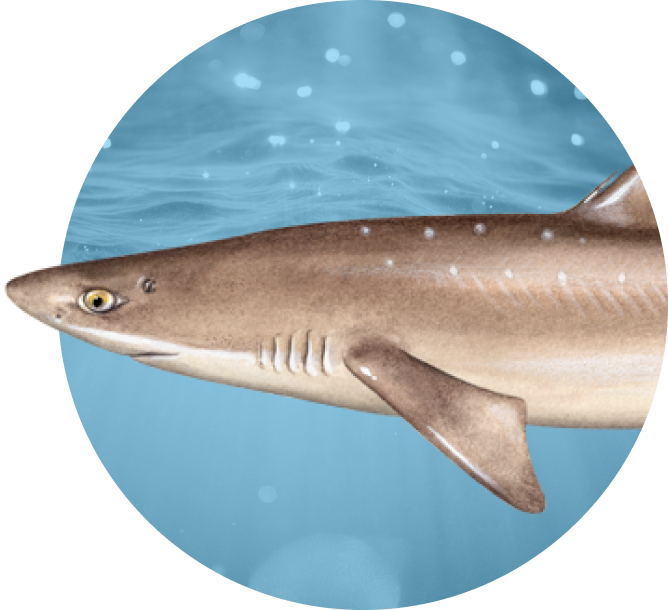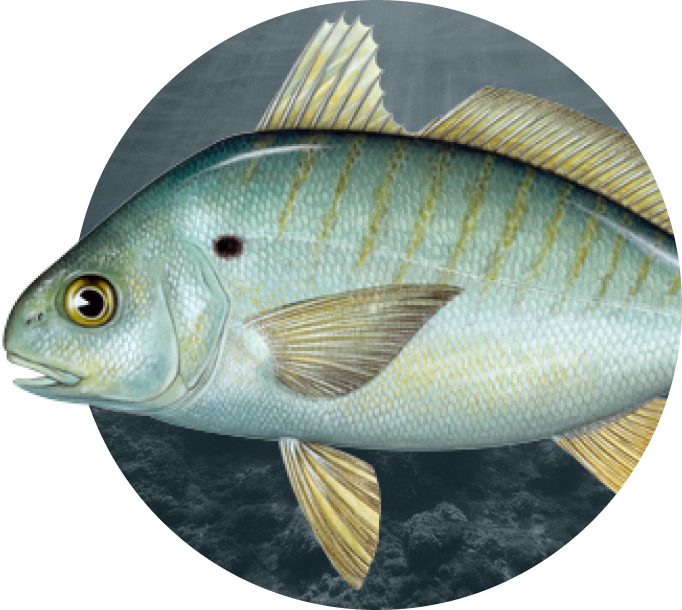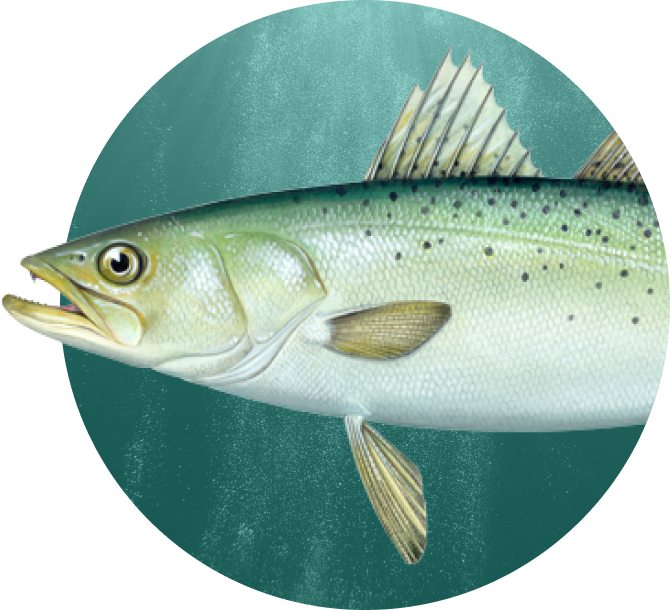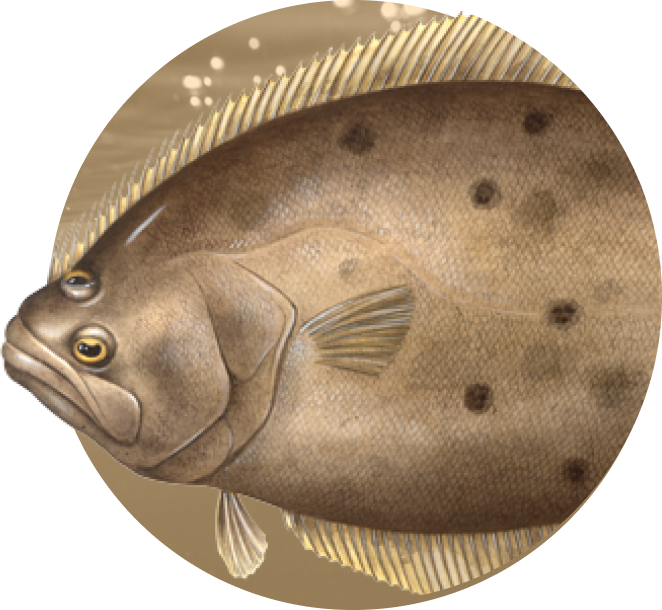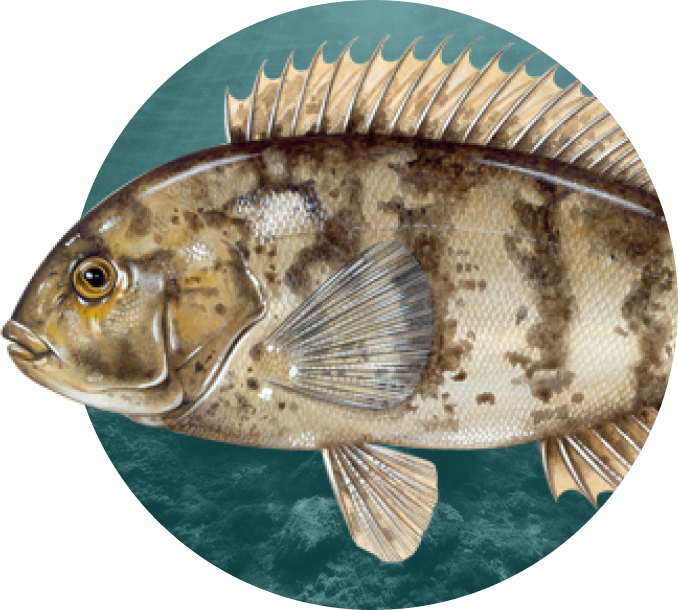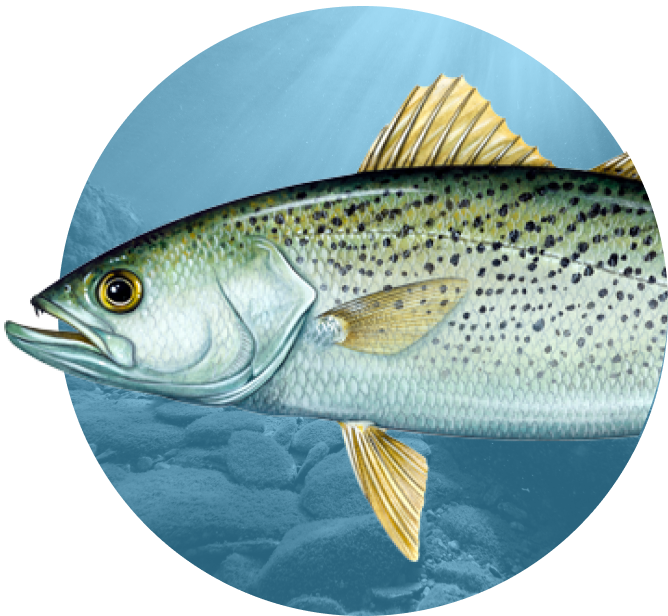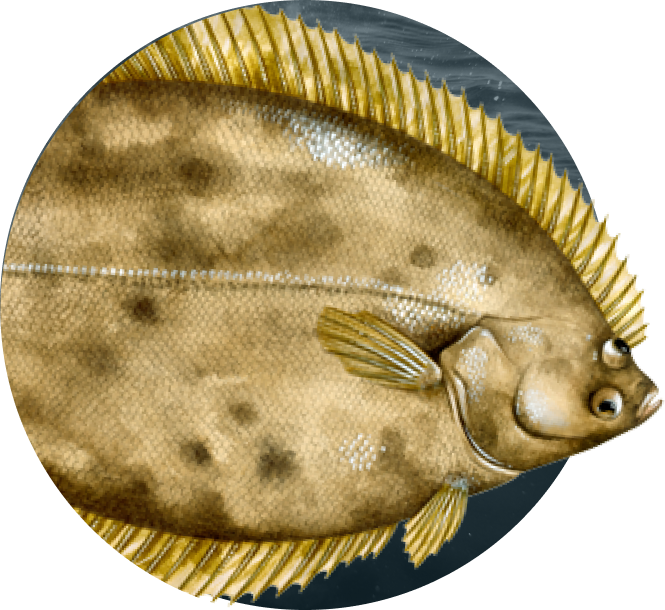Managed Species
We collaboratively manage vital marine species for sustainable fisheries, thriving communities, and balanced ecosystems through science-driven, interstate efforts along the Atlantic coast.
- Explore:
- American Eel
- American Lobster
- American Shad
- Atlantic Croaker
- Atlantic Herring
- Atlantic Menhaden
- Atlantic Striped Bass
- Atlantic Sturgeon
- Black Drum
- Black Sea Bass
- Bluefish
- Coastal Sharks
- Cobia
- Horseshoe Crab
- Jonah Crab
- Northern Shrimp
- Red Drum
- River Herring
- Scup
- Spanish Mackerel
- Spiny Dogfish
- Spot
- Spotted Seatrout
- Summer Flounder
- Tautog
- Weakfish
- Winter Flounder
Our Goal
For over two centuries, coastal and marine fishery resources have been an important component of our nation’s heritage, supporting thriving fishing communities and enriching recreational opportunities, as well as providing seafood that is consumed within the US and exported abroad. Recognizing the importance of coastal and marine fisheries to their constituents and the inherent migratory nature of fish species, the 15 Atlantic coastal states came together to form our Commission.
The main objective of fisheries management is to allow enough harvest to sustain and build the fishing and seafood industries while protecting the productivity and sustainability of the marine ecosystems. Today, the Commission coordinates the management of 27 shellfish, diadromous and marine species. Some of these species are solely addressed by the Commission and the states, such as Atlantic striped bass, Atlantic menhaden, red drum and American eel, while other species, such as Atlantic herring, summer flounder, and coastal sharks, are cooperatively managed by the Commission, NOAA Fisheries and the East Coast Regional Fishery Management Councils.
Managed Species
Learn More
Stay informed with the latest developments for all of our managed species. ASMFC’s Action Tracker will help you explore current issues, ongoing discussions, and the actions being taken to address them.
Get Hooked on ASMFC News
Dive into the latest updates and catch all the important news by joining our newsletter mailing list. Stay in the loop with meeting agendas, fisheries management news, and more.
